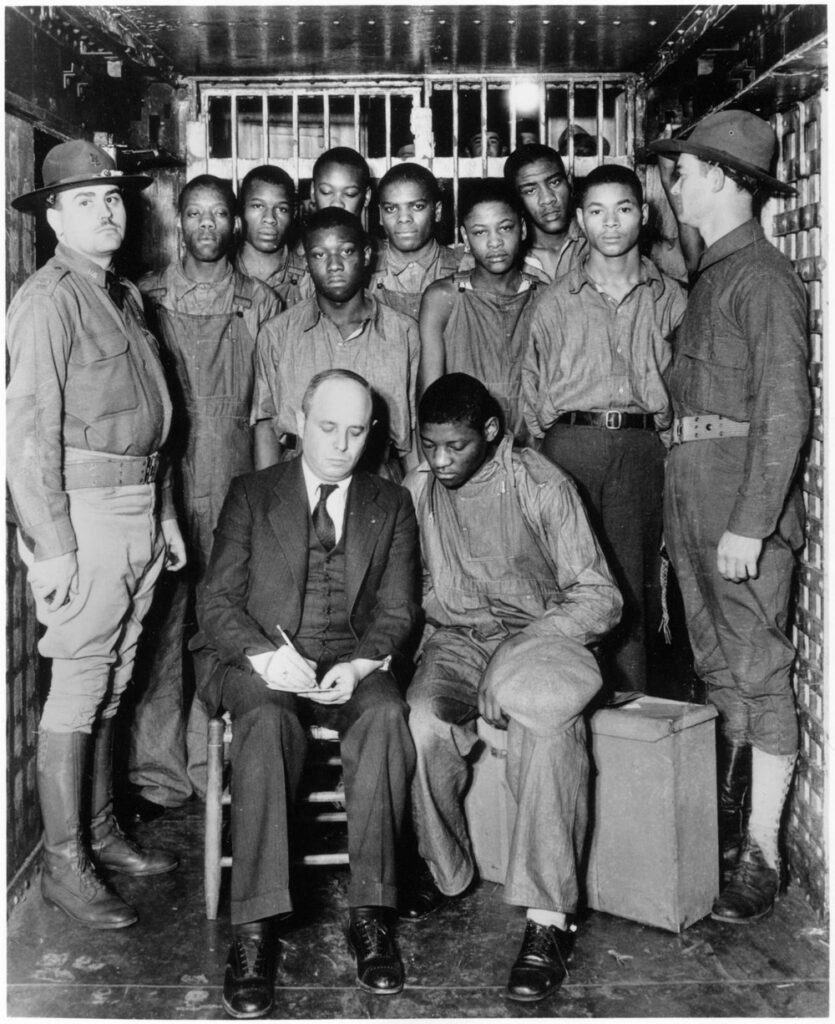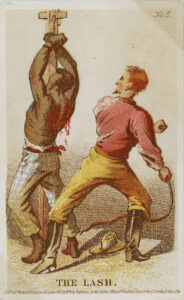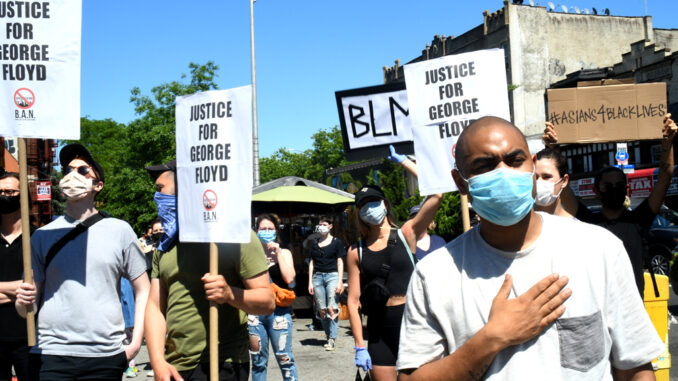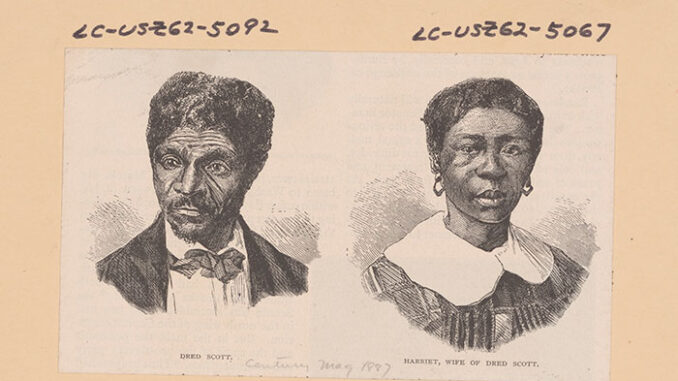
Data News Staff Edited Report
 In a country where the promise of liberty and justice for all appears in the founding documents. While this is a laudable goal, the United States continues to amend itself into becoming a more perfect union. Blacks and the struggle for equal rights and protection is a journey that spans from1619 until today. Data News Weekly, in honor of Black History Month is giving our readers a brief snapshot of this history in hopes to educate, inform and inspire our community.
In a country where the promise of liberty and justice for all appears in the founding documents. While this is a laudable goal, the United States continues to amend itself into becoming a more perfect union. Blacks and the struggle for equal rights and protection is a journey that spans from1619 until today. Data News Weekly, in honor of Black History Month is giving our readers a brief snapshot of this history in hopes to educate, inform and inspire our community.
September 17, 1668 — October 20, 1669
Casual Killing Act of 1669
Passed by the Virginia General Assembly, the Casual Killing Act declared that if a slave died while resisting his master, the master would be deemed not to have acted with malice. The law effectively made it legal for masters to kill their slaves at will in the process of inflicting punishment.
February 28, 1803
Ban on the Importation of “Any Negro, Mulatto, or Other Person of Colour” (Bold)
Fearing that anti-slavery sentiment would spread across the United States, Southern slaveowners sought to restrict the migration of Black Freeman. The 1803 act prohibited the importation of “any negro, mulatto, or other person of color, not being a native, a citizen, or a registered seaman, natives of countries beyond the Cape of Good Hope.”
March 6, 1857
Dred Scott v. Sanford
Amid increasing political division, Dread Scott, a slave, had been transported from a slave, from the slave holding State of Missouri to free areas where slavery was illegal. Scott sued for his freedom, claiming he had been freed when he was taken into a free U.S. territory. In a landmark decision, the Supreme Court held that Scott and other Black people, whether slave or free, were not citizens of the United States and could not enjoy the rights and privileges of the Constitution, including the right to sue.
 June 19, 1865
June 19, 1865
Juneteenth
Although President Lincoln’s Emancipation Proclamation had officially outlawed slavery over two years earlier, this information only gradually spread throughout the country as Union troops advanced. June 19, 1865, marks the date that Major General Gordon Granger arrived in Galveston, Texas, at the far reaches of the Confederacy, and announced the end of both the Civil War and slavery.
March 27, 1876
United States v. Cruikshank
Following a disputed gubernatorial election in Louisiana that led to the massacre of dozens of African Americans by White supremacists, federal charges were brought against several Whites who had conspired to deprive citizens of their First and Second Amendment Rights. The Supreme Court reversed the convictions of White supremacist and severely weakened efforts to protect African Americans’ civil rights and left them at the mercy of state governments.
 April 1, 1935
April 1, 1935
Scottsboro Case
Nine African American teenagers in Alabama were accused of raping two White women. In a case now considered a miscarriage of justice in the nation’s legal system, the rushed trial included an all-White jury and disruptive lynch mobs in a state that had long disenfranchised Blacks. All but two of the two teenagers served prison sentences, even though one of the alleged victims later admitted fabricated the rape story.
 June 12, 1967
June 12, 1967
Loving v. Virginia
Mildred Loving, a woman of African American ancestry, was imprisoned along with her White husband Richard Loving for violating Virginia’s Racial Integrity Act of 1924, which criminalized marriage between White people and people of color. The Supreme Court held laws banning interracial marriages unconstitutional.
February 24, 2021
George Floyd Justice in Policing Act
In response to the police killings of George Floyd in Minnesota and Breonna Taylor in Kentucky, and other Black Americans, House Democrats introduced the George Floyd Justice in Policing Act to combat racial bias, excessive force, and misconduct in policing. The act seeks to hold law enforcement accountable for misconduct, improves transparency through data collection, and reforms police training and policies.
Recommended For You.



Be the first to comment